What is it?
SSA Vic is proud to present a mentoring opportunity for young and junior statisticians. The two-hour long online event will involve, in the first half, short career presentations from a diverse group of senior mentors, at various stages of their careers, across the academic, private and public sectors.
In the second half, mentees in attendance will have the opportunity to have more intimate conversations with the mentors who are present, in order to discuss their careers and gain valuable advice. These personal conversations will be run in a "speed dating" format and will allow mentees to meet multiple mentors, over the evening.
In order to facilitate more intimate interactions, the event will be free but members-only, for mentees.
Information regarding some of our mentors can be found below.
Registration instructions
If you wish to participate as a mentee, please register via this webpage.
If you wish to participate as a mentor, please contact the organisers: Hien Nguyen (h.nguyen5@latrobe.edu.au) and Daniel Fryer (danielvfryer@gmail.com).
Zoom link
Link to the event's Zoom session will be provided, by email, upon registration.
Media
A video of the career summaries from some of the mentors can be found here: https://vimeo.com/ssavic/20202623-mentoring. Or, if you are low on data or prefer to listen only, the audio of the session can be found here: https://bit.ly/3hwuJki.
Some of our mentors
Helen Bartley
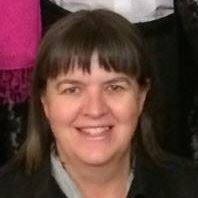
Helen Bartley is an Accredited Statistician, with a Master of Applied Science in Social Statistics and is a member of the Accreditation Committee with the Statistical Society. She is also a Qualified Professional Researcher with the Research Society (formerly the Australian Market and Social Research Society). Additionally Helen has completed an Advanced Certificate in Engagement with the International Association for Public Participation and is a Member of the Australasian Evaluation Society. Helen has more than 25 years quantitative and qualitative research experience designing and conducting market and social research and evaluations. Her key statistical interests are survey design, survey sampling and data collection.
For most of her professional career Helen has worked as a research consultant in the market and social research industry, and for the last 20 years she has worked as an independent consultant for Bartley Consulting. She has worked across a variety of industry sectors including water and energy utilities, natural resource management, agriculture, natural resource management, sustainable travel and a wide range of other service organisations. Additionally, she has 15 years’ postgraduate experience teaching survey research methods, survey sampling and statistical computing. She has also appeared in the Federal Court of Australia and the Fair Work Commission, as an expert witness providing evidence on statistical and survey related matters.
Michael Dalton
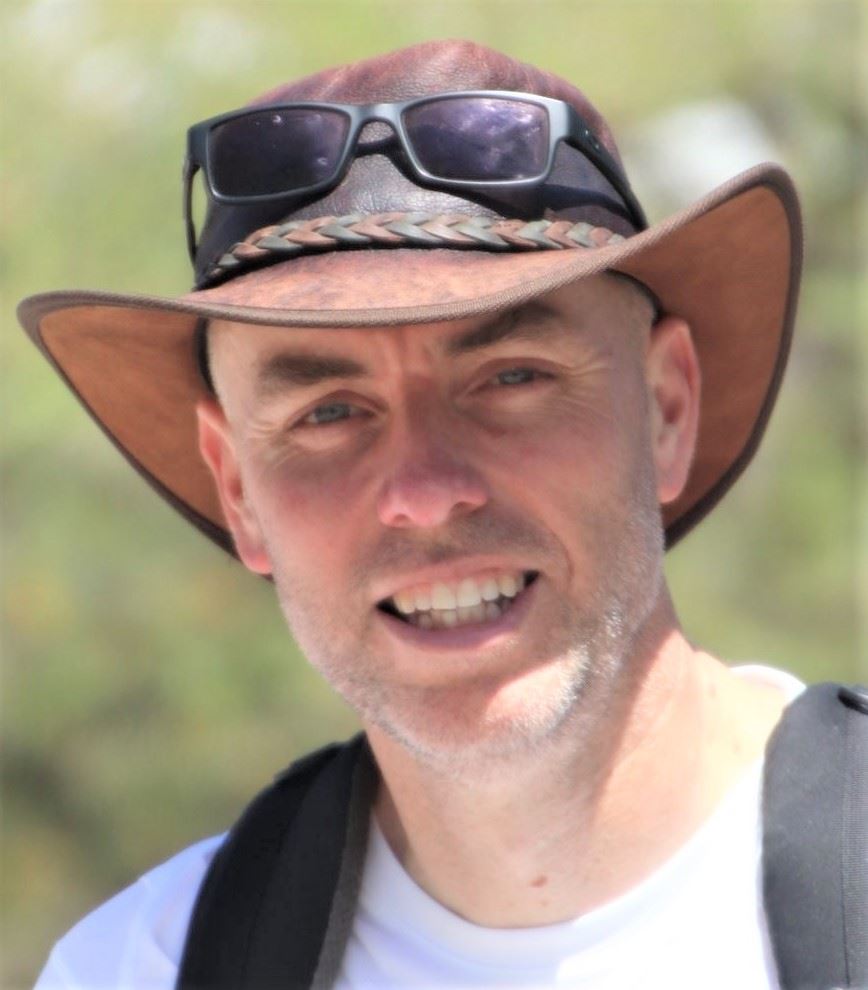
Michael Dalton, a Masters in Statistics Graduate, has worked for more than 25 years across Government, with both National and International experience as a Statistician. His worked and has covered the areas of Health, Justice and more substantially Education. Michael has managed for the last 14 years the Data Analytics team at the Victorian Curriculum and Assessment Authority. Michael's work is an active representative for Victoria in national forums to collaborate with other jurisdictions on a range of statistical issues that are a part of NAPLAN assessment. He also works with schools across Victoria to assist teachers in understanding statistical information about outcomes from VCE and NAPLAN so as to inform teaching practices. Michael's knowledge and skills has taken him to China, Indonesia, Malaysia, Samoa and Kuwait, including working for the World Bank.
Alison Harcourt

Alison completed a Bachelor of Arts (Hons) in 1950 at the University of Melbourne. Alison then went on to complete a Bachelor of Science and a master’s degree, majoring in mathematics and statistics. Alison has had many achievements in her field of optimisation, having coauthored a groundbreaking paper well-known in the research area. This paper proposed a method of solving integer programming problems which later became known as the “branch-and-bound” method. This method is used in modern day optimisation software packages to provide efficient solutions to challenging combinatorial optimisation problems. Alison’s paper has over 3000 Google Scholar citations and has had an extensive impact in academic literature as well as problem solving for social and economic benefits. In 1994, Alison formally retired. However, she continued to share her love for mathematics and statistics by working as a sessional tutor in the undergraduate statistics subjects in our School.
Roger Hilton

Roger’s strength is in process optimisation and facilitation and in coaching individuals in both qualitative and quantitative techniques. He has had previous senior roles in Quality & Risk Management across a number of sectors, including manufacturing and service and has lectured at graduate levels at Monash and La Trobe Universities.
He has facilitated many improvement projects, impacting change leaders using Lean Six Sigma and has championed the deployment of continuous improvement in a number of businesses. He spent a number of years in academic research and has published journal articles involving qualitative and quantitative research to develop a model for sustainable deployment of Continuous Improvement.
He holds a Doctorate in Business Administration, Masters in Applied Statistics, is a Chartered Fellow of the Royal Statistical Society (UK) and a Master Black Belt. Roger’s passion is in creating a culture of sustainable continuous improvement and he believes a necessary condition for this is for everyone to understand more about their subconscious behaviours and patterns.
Jessica Kasza
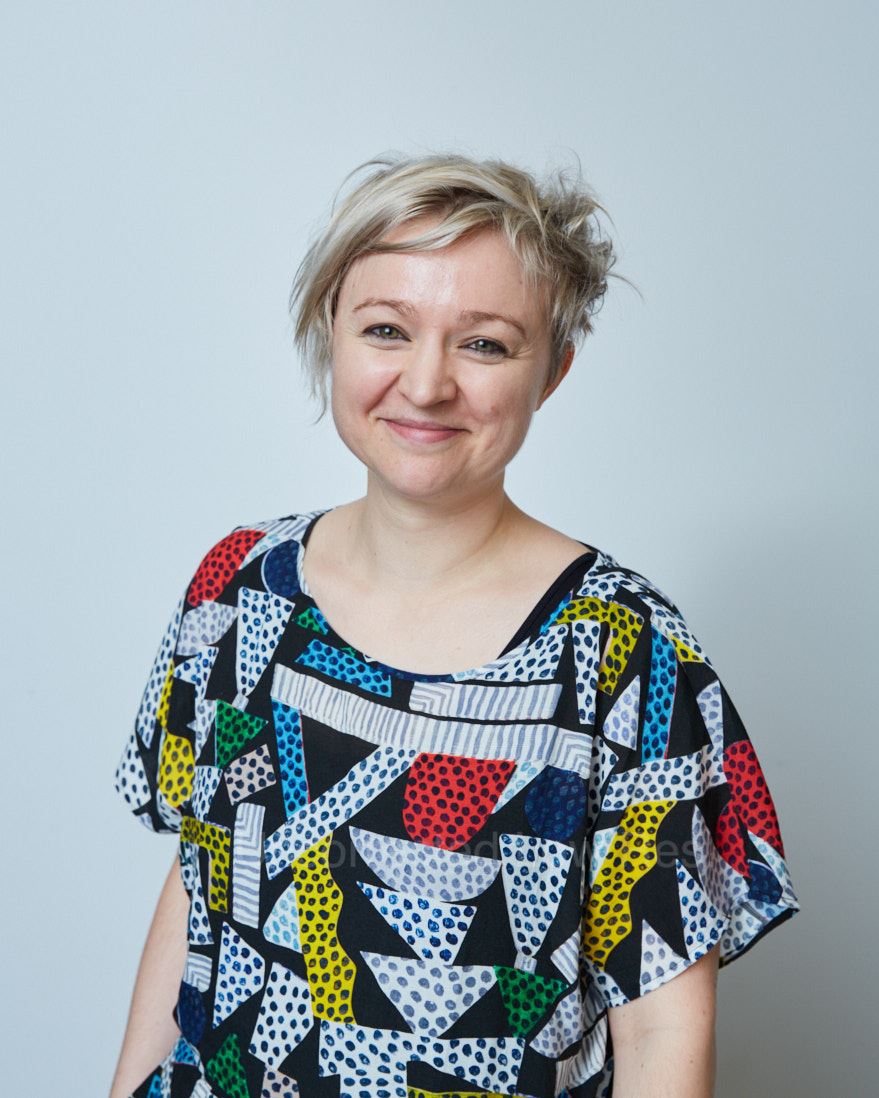
Jessica Kasza is a senior lecturer in biostatistics in the School of Public Health and Preventive Medicine at Monash University. After completing a PhD in 2010 at the University of Adelaide, she spent time at the University of Copenhagen, before returning to the University of Adelaide. She has been at Monash University since 2013. She leads the development of statistical methodology for longitudinal cluster randomised trials, including the stepped wedge and cluster cross over designs. She also has interests in the comparison of healthcare providers and causal inference. In her role as Vice-President of the Statistical Society of Australia, Jessica is keen to ensure that the Australian statistical community is safe, welcoming and inclusive.
Karen Lamb
.jpg)
Karen Lamb is a consultant biostatistician and senior research fellow at the University of Melbourne. She is also a theatre lover, an avid reader and an enthusiastic, albeit terrible, dancer. Originally from Scotland, Karen completed an Honours degree in Statistics at the University of Glasgow. It was here that she became interested in applying statistics to medical research questions through Honours research which involved developing a risk prediction model for doctors to use to assist in the diagnosis of stroke. She completed a PhD in Mathematics and Statistics at the University of Strathclyde, examining the effectiveness of a vaccine for preventing pneumococcal disease.
Karen has been employed as a biostatistician in public health research for more than 10 years and relocated to Australia in 2012 as part of the NHMRC Centre of Research Excellence, the Victorian Centre for Biostatistics, which was designed to build the discipline of biostatistics in Australia by fostering the careers of future biostatistical leaders. Karen is passionate about statistical communication and gets a real buzz out of helping researchers in other disciplines use statistics to answer research questions. She was selected as one of Science and Technology Australia's Superstars of STEM in 2017 to promote women working in science, technology, engineering and mathematics. In this role, she raised the profile of statistics, and women in statistics, through outreach work, delivering public lectures, keynote presentations at educational conferences, radio appearances and high school visits.
Dina Neiger

Dina is a professional statistician with over 30 years of experience and a track record of achievement in leadership and technical roles at the Social Research Centre https://www.srcentre.com.au/, Monash University, Australian Bureau of Statistics, and Biostatistics and Clinical Trials Centre at Peter MacCallum Cancer Centre. Dina’s statistical interests include the use of calibration and blending methods to improve accuracy of the non-probability samples, establishment and maintenance of the first Australian Online Probability panel and complex business survey design and weighting. Throughout her career she has worked through every stage of statistical data collection including design, system development, contact with respondents, data editing, estimation and output, in a wide variety of domains including demographic, labour, business and price index statistics.
Dina’s educational background includes 1st Class Honours degree in Statistics and PhD in Business Systems from Monash University with an emphasis in applied Operations Research and Process Engineering. Dina is Accredited Statistician (AStat) member of the Statistical Society of Australia (SSA) and is a member of the American Association for Public Opinion Research (AAPOR) and American Statistical Society (ASA). Dina currently serving as the Vice President Finance on the Executive Committee of the Statistical Society of Australia and is part of the AMSRO Polling Inquiry Panel that was formed by the Association of Market and Social Research Organisations (AMSRO) to conduct a review of political polling methods in Australia to determine why all the election polls incorrectly called the outcome in 2019 Federal election and how methods can be improved in the future. Outside work, Dina enjoys spending time with her friends and family which includes 18 months old miniature schnauzer, reading and walking and, under normal circumstances, travelling.
Cameron Patrick
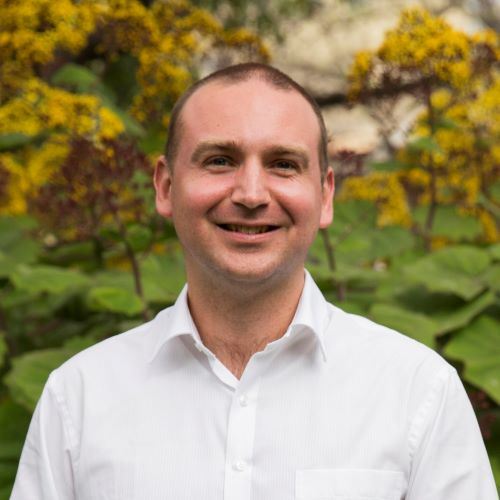
Cameron Patrick is a statistical consultant at the Statistical Consulting Centre, University of Melbourne, where he's worked since 2017. In this time, he's consulted on projects to industry, academic staff and over 200 postgraduate students. This work has spanned a wide range of disciplines, including medicine, dentistry, geophysics, ecology, psychology, law and expert witness work. Before becoming a statistician, Cameron worked as a computer programmer in the seismic survey industry, writing software used to process and visualise large datasets used for oil and gas exploration.
Dennis Trewin
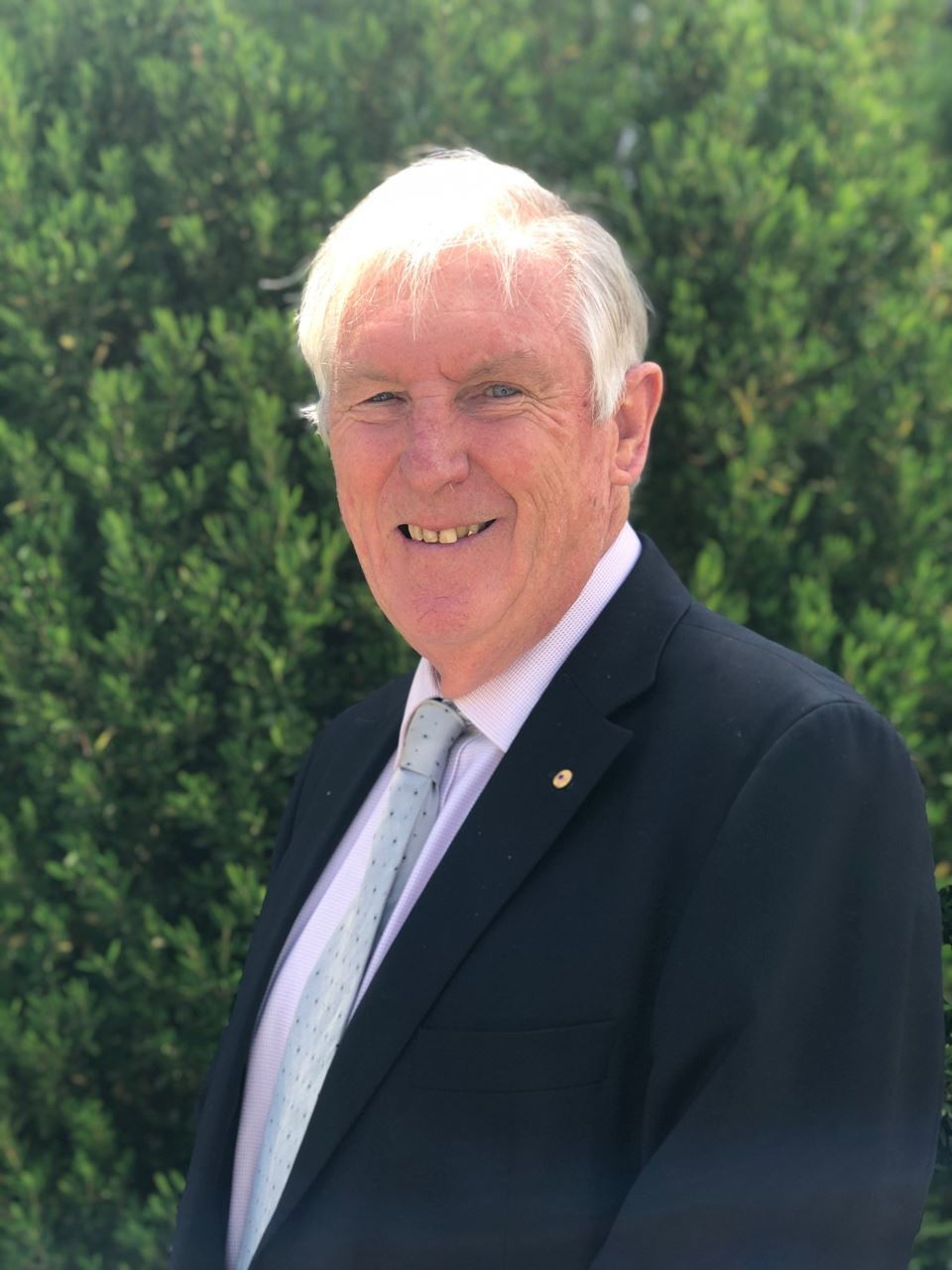
Dennis Trewin was the Australian Statistician and head of the Australian Bureau of Statistics from July 2000 until January 2007. Prior to that he was Deputy Australian Statistician and, from 1992 to 1995, Deputy Government Statistician in New Zealand. He has been working as a statistical consultant on assignment with a range of countries and with the UN, OECD and World Bank.
Dennis has held a number of other positions such as an Australian Electoral Commissioner, an Associate Commissioner at the Productivity Commission for the study into the Not for Profit Sector, and a Trustee and Board member for the Australian Government Superannuation Fund. He has been Chairman of the Advisory Board of the ARC Centre of Excellence for Coral Reef Studies, Chairman of the Policy and Advocacy Committee of the Academy of Social Sciences of Australia and the Australian Mathematics Trust. He is or has been an Adjunct Professor at Swinburne, Curtin University, University of Canberra and the University of the South Pacific, and a Council Member of the University of Canberra. He has been recognised as an Officer in the Order of Australia, received a Centenary Medal for his contribution to statistics and an honorary doctorate from James Cook University.
Internationally, Dennis has been President of the International Statistical Institute and the International Association of Survey Statisticians. He was Chairman of the Global Executive Board for the 2005 round of the World Bank's International Comparison Program.
Mathew Spittal

Matthew Spittal is an Associate Professor and Australian Research Council Future Fellow at the University of Melbourne. He is a biostatistician by training. He has published over 180 studies. His research sits at the interface between data and health policy. He is a member of the Editorial Advisory Board and statistical consultant for The Lancet Psychiatry (one of the leading mental health journals in the world). He has also served on a number of Data Safety Monitoring Boards for randomised control trials being conducted in Australia.
Antony Ugoni
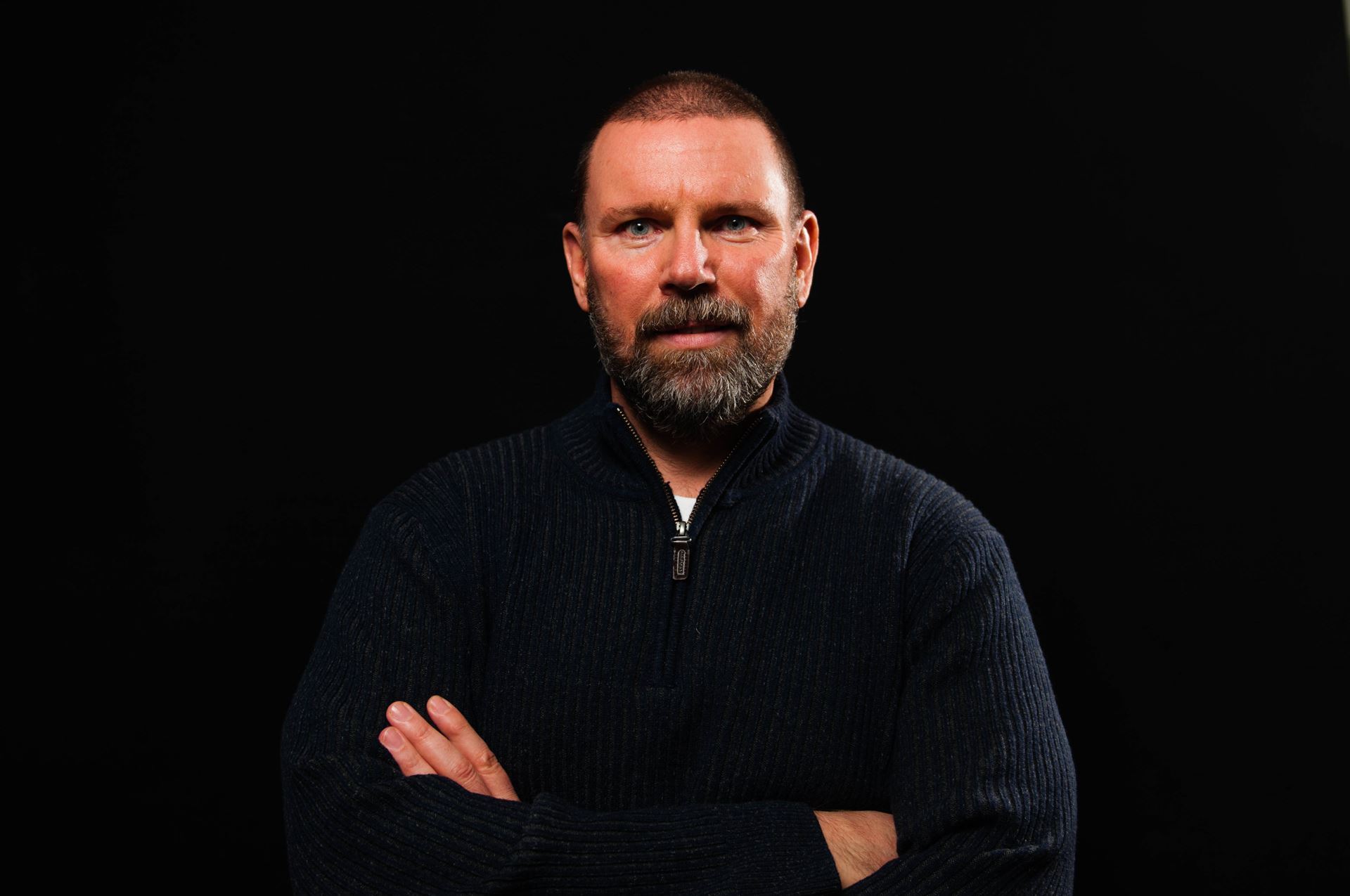
Antony is one of Australia’s leaders in analytics and in 2013 accepted an opportunity at SEEK to develop the analytics capability.
Antony began his career as a Biostatistician to the Alfred Group of Hospitals jointly with Monash Medical School. He then moved to a lecturing role in Biostatistics at the University of Melbourne. Antony has co-authored more than 50 peer reviewed articles in medical research and still actively contributes to this industry today.
From 2000 to 2013 Antony worked at National Australia Bank leading many ground breaking teams and projects. Antony started as the lead for its Credit Card Fraud Analytics Group which used data driven insights to reduce fraud losses by more than 50% in a market that was experiencing fraud losses growing at 30% per annum. Antony was then offered the opportunity to lead the Customer Analytics team which, in his tenure, identified more than $100b worth of revenue opportunities. Since 2013 Antony has worked at the Seek Group and founded the team that today is known as AI Platform Services. The AI Platform Services team are responsible for utilising the data captured by Seek assets to build services that help great candidates find jobs and stand out from the crowd, and hirers to identify great candidates in a timely fashion. Today the team numbers more than 100 Data Scientists, Data Engineers and Strategists, delivering services in 19 markets across the world, reaching 2.9 Billion candidates.
Contact us
If you have any questions regarding the event, please contact the organisers: Hien Nguyen (h.nguyen5@latrobe.edu.au) and Daniel Fryer (danielvfryer@gmail.com).
